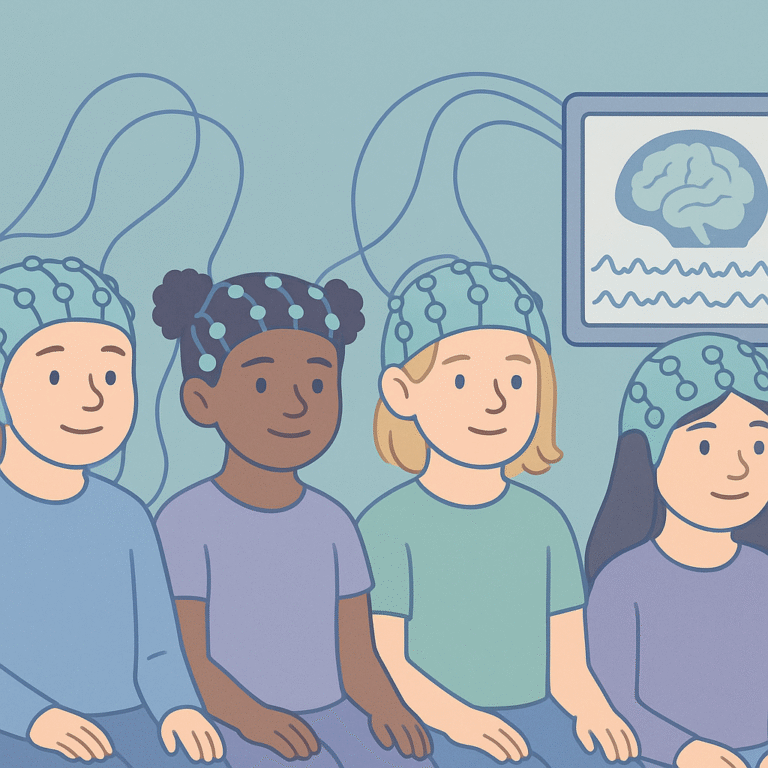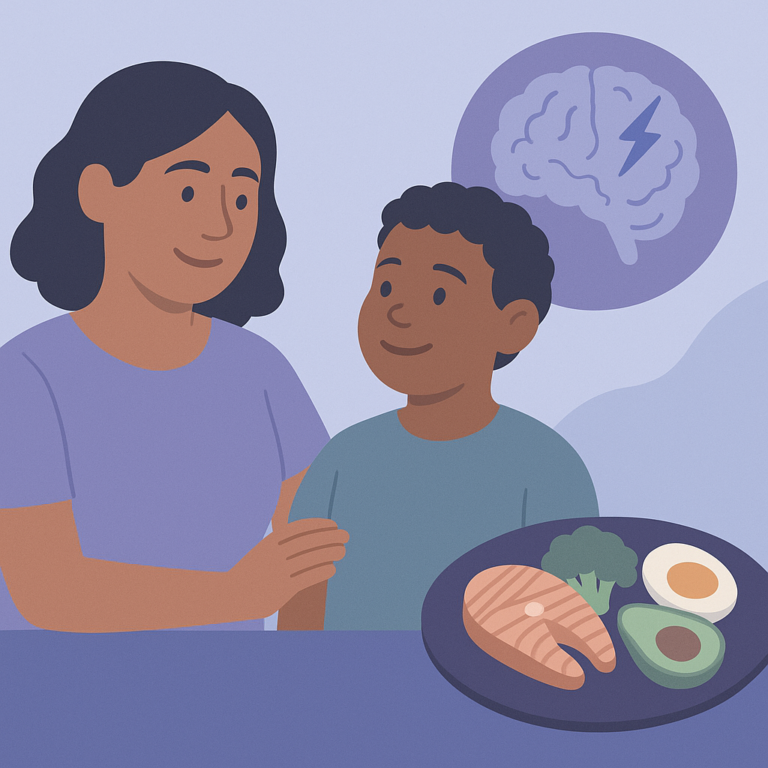Levetiracetam Outperforms Sodium Valproate in Treating Childhood Epilepsy
Summary
Researchers conducted a study to compare two common medications used to treat epilepsy in children: levetiracetam and sodium valproate. The study involved 200 children aged 3 to 12 years who had either generalized or focal epilepsy. These children were randomly assigned to receive one of the two medications for six months, allowing the researchers to evaluate how well each drug worked and how well the children tolerated them.
The main findings showed that 85% of the children taking levetiracetam achieved better seizure control compared to 73% of those taking sodium valproate. Additionally, 31% of the children on levetiracetam reported no side effects, while only 10% of those on sodium valproate experienced the same. Weight gain was also more common in the sodium valproate group, with 16% of those children gaining weight compared to just 5% in the levetiracetam group.
These results suggest that levetiracetam may be more effective and better tolerated than sodium valproate for treating epilepsy in children. However, it is important to note that this study was relatively short and involved a limited number of participants. More long-term studies are needed to confirm these findings and understand the effects of these medications over time.
Related reading
- Ganaxolone May Help Reduce Seizures in Epilepsy Patients
- Skull X-Ray Shows Complications After Head Injury
- New Genetic Mutations Found in Sisters with Growth Issues
- PV and SOM Cells Shape Brain Waves and Stability
- Carbapenem Antibiotics Linked to Seizures and Brain Stress
- Gastrodin May Help Reduce Inflammation and Neuronal Damage
Free: Seizure First Aid Quick Guide (PDF)
Plus one plain-language weekly digest of new epilepsy research.
Unsubscribe anytime. No medical advice.





